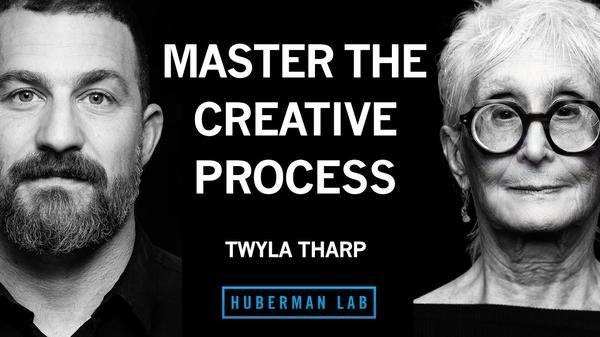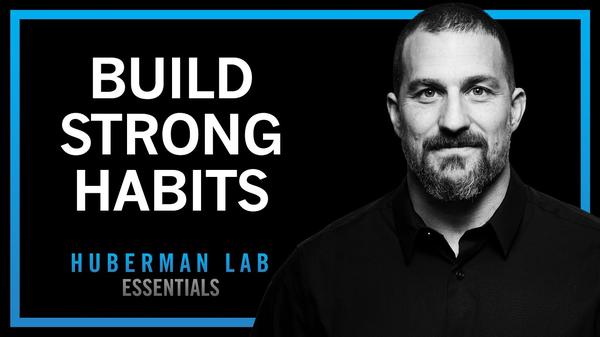
How to Increase Your Emotional Intelligence | Dr. Marc Brackett
Andrew Huberman
Sep 9, 2024
Mindsip insights from this episode:
Track emotions with 'How We Feel' app for better awareness
The 'How We Feel' app allows you to track your emotions on the mood meter throughout the day to find patterns in how you feel based on who you're with or where you are.
Transform student stress into gratitude by addressing envy
A study of students who reported feeling 'stressed' revealed through journaling that the underlying emotion was often envy, which requires different coping strategies like gratitude.
Use distancing technique to manage difficult interactions
To deal with a difficult person in real-time, you can use a distancing technique by mentally putting them in a movie frame and observing them, which fosters curiosity instead of a reactive feeling.
Limit texting to enhance emotional intelligence
Text messaging can decrease emotional intelligence because it lacks the nuance of face-to-face communication and can replace opportunities for building genuine intimacy.
Grant permission to feel through empathy and active listening
Many people lack the 'permission to feel' from their childhood, and the key to giving this permission to others is to be non-judgmental, empathic, and an active listener.
Distinguish personality traits from emotional intelligence
There is no correlation between personality traits like neuroticism and emotional intelligence, as emotionally volatile people may get more practice regulating their emotions.
Pursue contentment for sustainable well-being
Constantly striving for happiness can backfire, while contentment is about feeling complete and having enough, which can be a more sustainable state of well-being.
Differentiate anger from disappointment to resolve conflicts
Anger stems from a perceived injustice, whereas disappointment comes from legitimate, unmet expectations, and each requires a different strategy to resolve.
Utilize mood meter to map and understand emotions
You can map any emotion on a simple two-axis grid of pleasantness (unpleasant to pleasant) and energy (low to high) to better understand your internal state.
More from
Andrew Huberman
You also might be interested in
The Hidden Damage That Happens "Behind-The-Scenes" In The Adult Entertainment Industry, With Former Adult Actress Felicity Feline
The Science of Erotic Altered States | Biohacking Sex
Neuroscientist: If You’re Feeling THIS, You’ve Lost Touch With Your True Self
Neuroscientist: If You Feel THIS, You're Living the Wrong Life (Unlock The One You're Meant For)
Drain your Brain, Protect it from Alzheimer’s Disease











